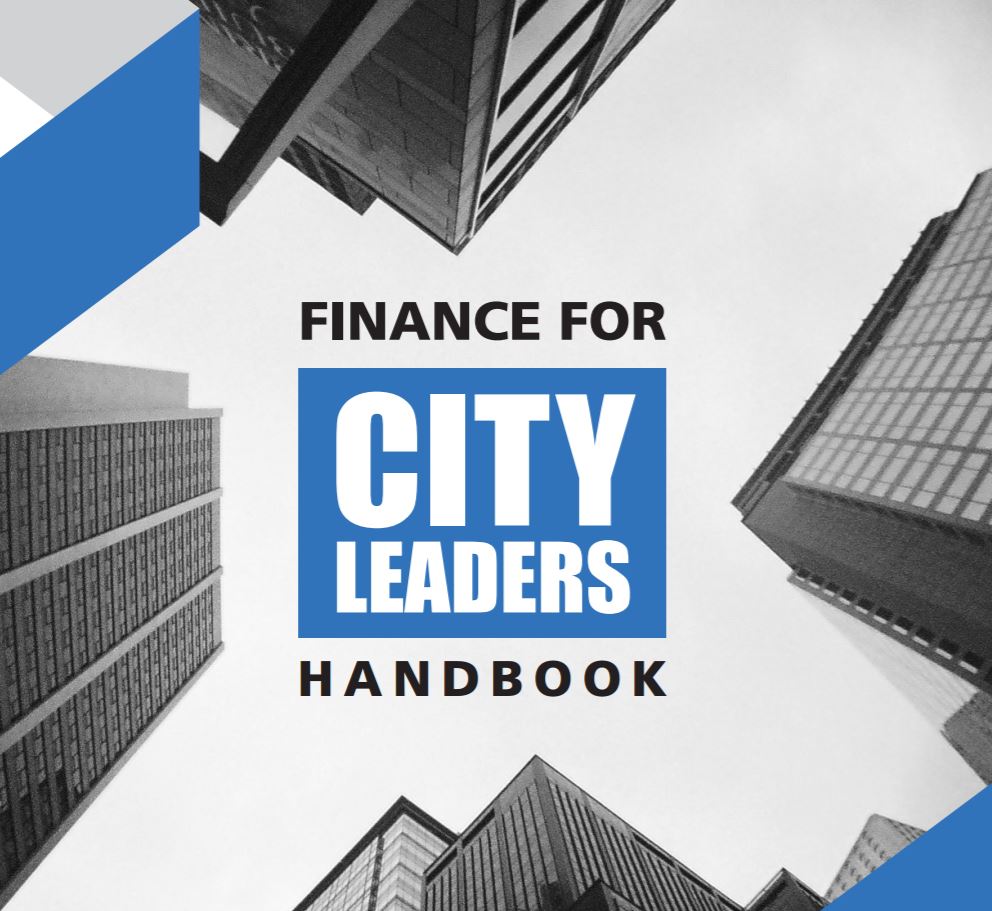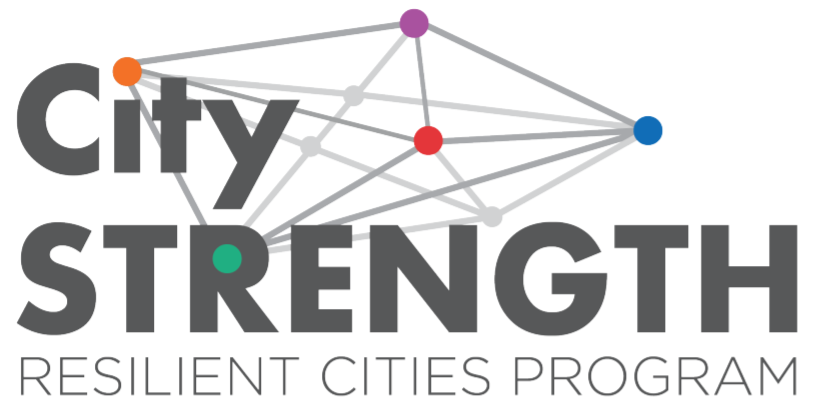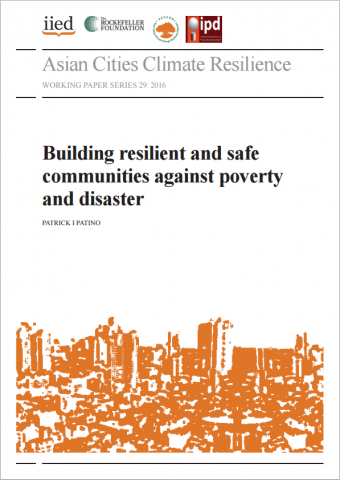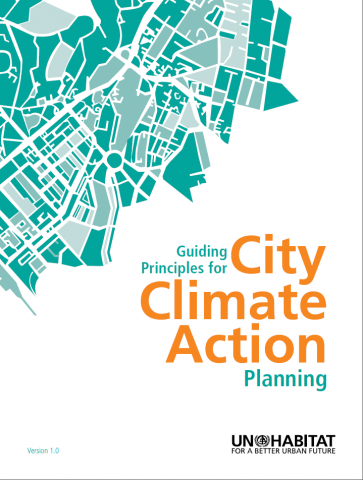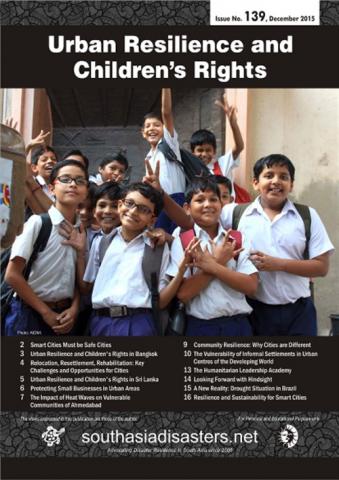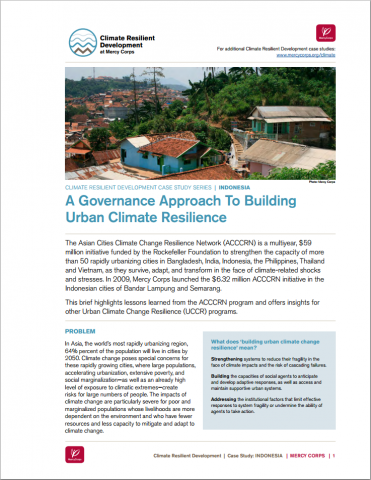Finance for City Leaders Handbook
This publication from UN-Habitat covers a wide range of traditional financing instruments for cities, as well as innovative financing options including green bonds, inter-municipal coordination for pooled financing, and landbased financing instruments. It also includes a chapter on ‘Financing Investments in Slums and Informal Settlements’. The book recognizes that cities’ immense financial challenges cannot be […]
Finance for City Leaders Handbook Read More »

